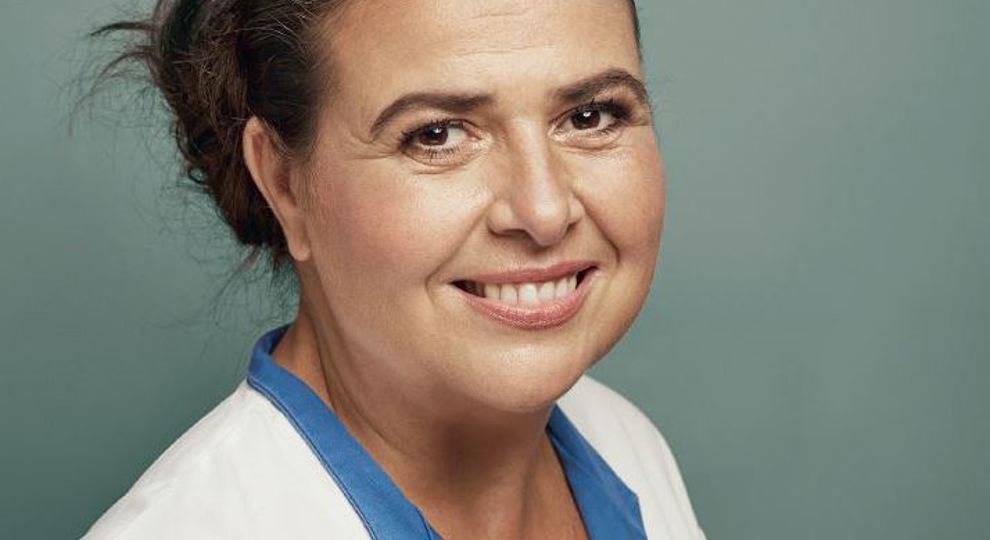More information about Phase 1 trials
Participating in a Phase 1 trial can be very hard, especially for people who do not live near the Netherlands Cancer Institute. Please remember to discuss the disadvantages of your participation with your physician. Our employees who guide patients during their Phase 1 trial participation can give you more information and answer any questions you may have in order to make a well-informed decision.
Participating in a Phase 1 trial means that you will have to come to the hospital several times a week, at specific moments. We cannot change this schedule for you. You will have to come to the hospital for the trial drug, but also for examinations such as blood draw, ultrasound, and more. This way we can analyze the effects of the treatment that we are researching. This process can take up to several months. We want to emphasize that the medicine most likely will not help you. We know too little about the treatment we are using in the trial, and they are not made especially for your particular cancer type. You may experience side effects. We can only guarantee that you are helping us gain a greater understanding of cancer. This will mainly benefit future generations. That's why we ask you to carefully consider, or consult with your loved ones, whether this choice is right for you.
